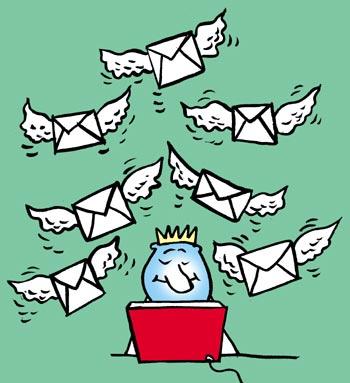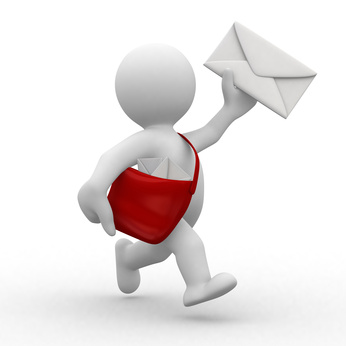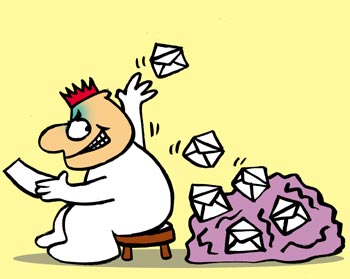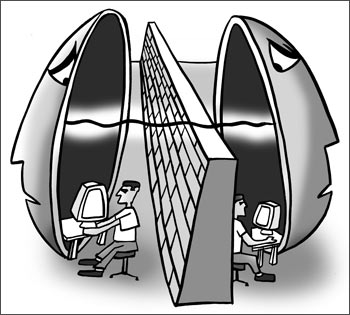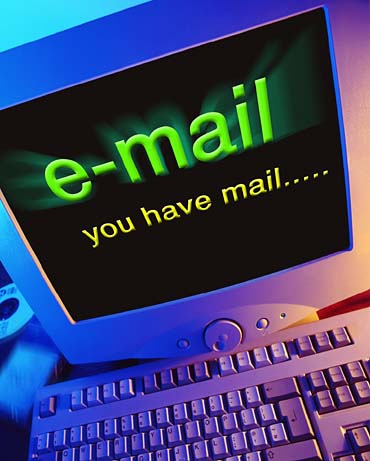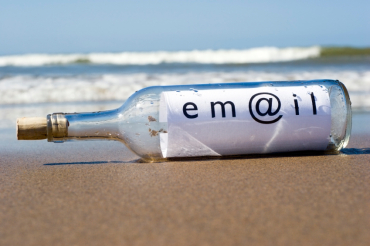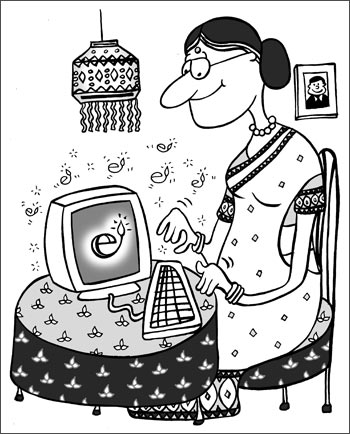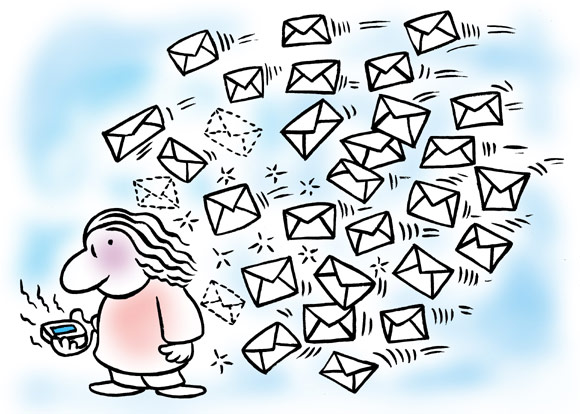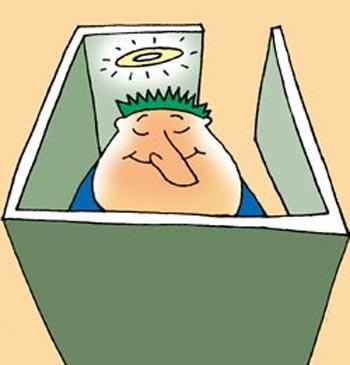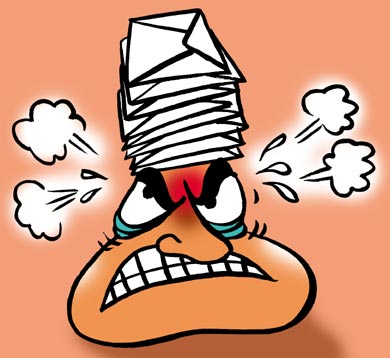 | « Back to article | Print this article |
9 tips to improve your e-mail writing skills
Using the right words and prioritising content will enable you improve your e-mail communication.
In the past decade, e-mailing has emerged as one of the defining elements of communication.
Whether professional or personal communication process, e-mails have emerged as an important mode of communication.
But, in your professional life you might face certain problems like unavailability of effective response to the e-mails, providing the information that is required in the right manner, providing the right impact on the people.
All these problems can be overcome by writing an effective e-mail.
Here, we will try to reduce this herculean task by providing you with some tips for effective e-mail writing.
Edukart is an online education portal offering industry relevant online certificate training courses to students.
Illustration: Uttam Ghosh
Please click NEXT to continue reading...
1. Provide a perfect subject
The subject of your e-mail creates the same impact as created by the headline of a newspaper.
The subject must be apt in its meaning and impact. It must capture the attention of the reader and summarise the content of the e-mail.
2. Prioritise the e-mail content
Try to make only one point at a time.
Prioritise the content of your e-mail and write it accordingly.
It is recommended that if you have to communicate a number of things to a person, you must consider writing different e-mails on the different topics.
Illustration: Uttam Ghosh
3. Specify the required response
You must specify the required response in your e-mail.
Also, specify the mode of response.
Your call to action is one of the determining factors of ensuring a response to your e-mails. Therefore, it is imperative to determine the desired outcome before hand.
Illustration: Dominic Xavier
4. Bang on the head
You must bang the e-mail on the head. This means that you must provide the most important information first.
You can also follow the EOM (End of the Message) technique.
If your message is relatively short, you can provide the whole information in the subject itself and write EOM which means that the message ends and the reader doesn't need to open the mail.
5. Remember the rule of KISS
Your e-mail must follow the KISS rule.
KISS stands for Keep it Short and Simple.
If you send out a long e-mail, probably your e-mail won't be read.
You are, in a way, showing to the reader that you don't respect the other person's time which might be annoying.
Your e-mail must be short and simple and must reflect that you care for their time.
Be creative, but avoid wordiness and boredom.
6. Personalise your e-mails
Adding a personal touch to your e-mail like addressing the person by name, adding a comment about the reader's product or web site or work, signing the e-mail and adding a friendly comment will make your e-mail more expressive and thus attract a better response.
Illustration: Uttam Ghosh
7. Pay attention to your font and formatting
The way you format your e-mails also has a great impact.
Beware of your font style and formatting of your e-mail i.e. the presentation of your e-mail.
Extravagant colours, different font styles and too large or too small font size might irritate the reader and curtail your e-mail from creating the right impact.
Don't keep it all caps, for it seems like you are shouting at the receiver!
Illustration: Dominic Xavier
8. Sign off the e-mail appropriately
You might have completely written the whole e-mail, but now you must be confused about how to sign it off.
Should you use 'Thanking you', 'Cheers' or 'sincerely'? Should you close it on a professional or personal note?
The best way to close an e-mail is to balance it both personally and professionally.
Try to blur the lines of friendship in business and your e-mail will create the desired impact.
9. Don't 'spam' your readers
Don't spam your readers by sending them too many frivolous messages.
Your readers will soon quit opening your e-mails.
Illustration: Uttam Ghosh
